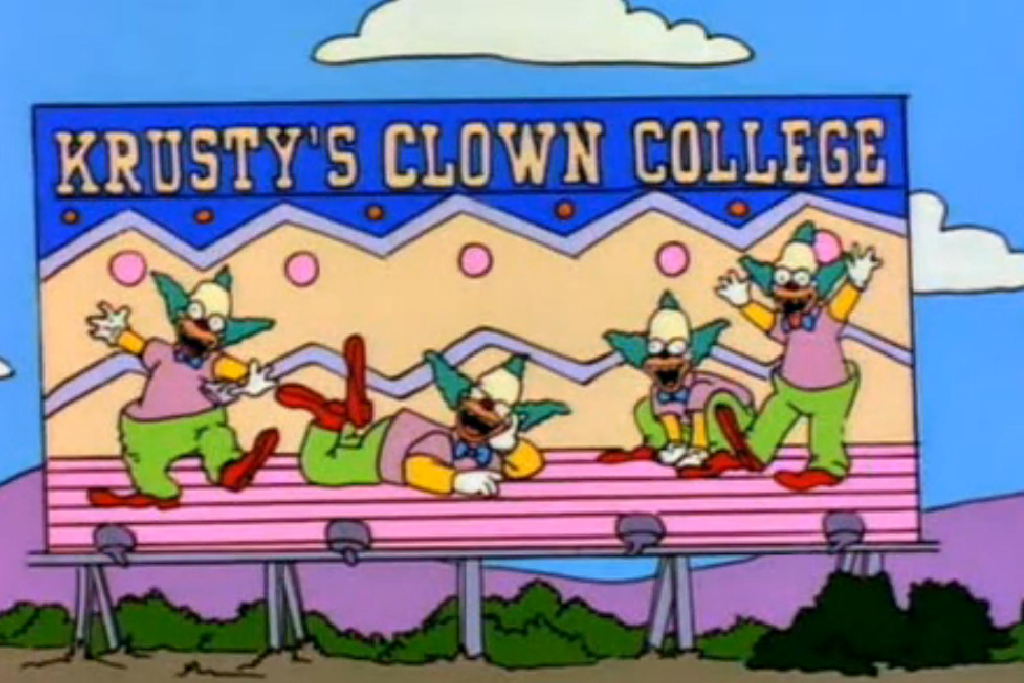The Federal Government Is Finally Cracking Down On Dodgy Private Colleges
But there are concerns the reforms could lockout students from disadvantaged backgrounds.

Over the past year story after story has been written documenting the way private training colleges have systematically targeted disadvantaged members of the community in order to make money. The colleges have been taking advantage of a program called VET FEE-HELP, introduced by the Gillard government in 2012, that allows students to enrol in courses without paying anything up front. But some private education companies were found to be abusing the scheme in pretty dodgy ways.
The Australian Competition and Consumer Commission found one provider, Careers Australia, targeted residents of a remote Aboriginal community in Queensland by offering them inducements to sign up to expensive courses but failed to tell them that they would end up with a hefty government debt. Another company was accused of targeting people with low-literacy skills and breaching consumer law in how they marketed their courses.
Now the government has announced a bunch of reforms designed to limit this kind of behaviour. The new plan will make it harder for private colleges to be eligible for the loans scheme, cap the amount of money that can be loaned and outlaw the use of brokers to recruit students. The idea is to clamp down on any incentives private colleges have to inflate fees and recruit students without any consideration of whether they actually complete their courses.
Introducing the Turnbull Government’s new VET Student Loans program. Find out more: https://t.co/6FbxNuad00 #auspol #aussieED pic.twitter.com/JBHsCR2ROy
— Simon Birmingham (@Birmo) October 5, 2016
The government will also restrict what courses are eligible for loans, limiting government support to those where there is an “industry need”. But the Australian Education Union (AEU) is worried that aspect of the reforms could make it harder for students from low-socioeconomic backgrounds to study courses like arts and music.
“The concerns we have around meeting ‘industry demand’ is that it’s a notoriously imprecise science,” the union’s Federal TAFE Secetary, Pat Forward, told Junkee. “There’s no capacity to predict for future demand. What might be popular now might not be in the future, and vice versa.”
Forward also said that mechanisms based on industry demand disadvantage areas where TAFE has traditionally been strong, like in music and the arts. If those courses aren’t eligible for government support, it means only students with the capacity to pay full-fees upfront will be able to enrol.
‘Private colleges can no longer use brokers or cold-callers to recruit new students’. How was this ever allowed? https://t.co/QmzxISSdm5
— Troy Heffernan (@troyheff) October 4, 2016
The AEU is calling on the government to increase investment into TAFE, which has lost 24 percent of its funding over the past eight years. Enrolments in the vocational education sector have plummeted by more than 10 percent over the past year, showing all the scandals are having a real impact.
The government will need to pass its proposed reforms through the parliament, which means negotiating with Labor, the Greens or the crossbench (including One Nation). Both Labor and the Greens have been calling for a crackdown on private colleges, but they haven’t announced whether or not they will support the government’s changes.